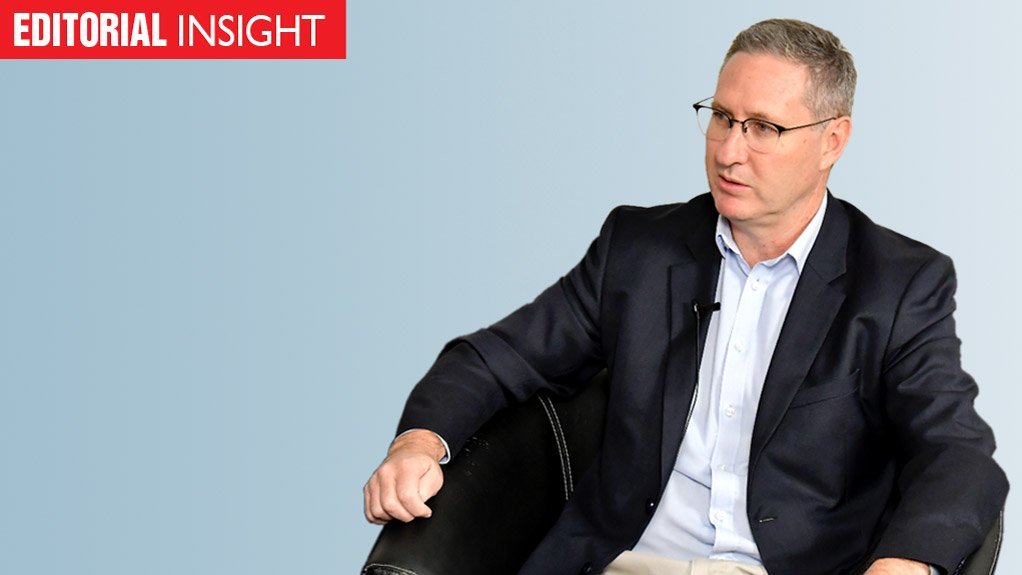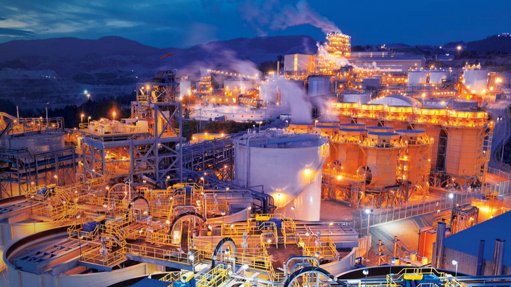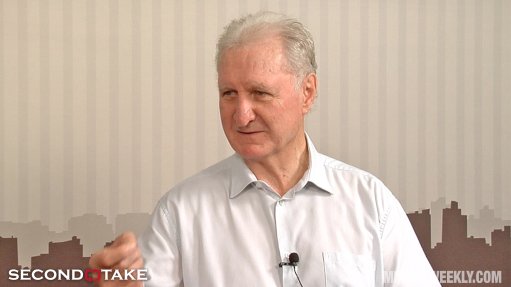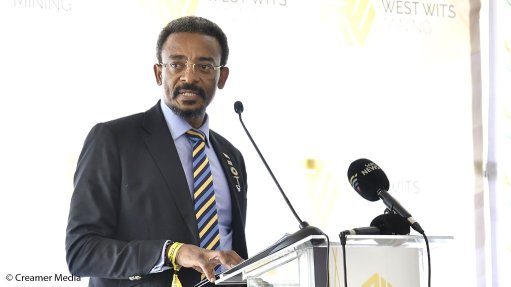Big green recovery
Over the past few months, several commentators have actively sought to join the dots between the current existential threat posed by the fast-moving Covid-19 pandemic and the even larger, yet far slower moving, threat posed by climate change.
During the period, appeals have also been made to use the enforced introspection that has accompanied the crisis to fundamentally alter course by making firm commitments to sustainable solutions – solutions that reduce greenhouse-gas emissions, create mass employment and reduce the health risks posed by fossil-fuel pollution.
For the first time in history, humanity is in the unique position of being able to pursue such an agenda with minimum disruption.
Just as communication and social media platforms made it possible for several sectors to continue operations while in lockdown, it is now technically feasible and commercially viable to introduce a low-carbon energy system without the lights going off.
What’s more, such a system will be relatively jobs intensive and will have almost none of the negative health effects associated with current system.
True, this energy transition will be minerals and metals intensive, which means that efforts must be made to ensure that extraction is done responsibly and in ways that does not trample upon human rights and disregard environmental justice. This will require the right governance, trade, political, legal and social frameworks and ongoing vigilance.
What would a low-carbon, job-rich energy transition look like and how would it fit into the post-pandemic recovery?
One answer was provided last week by the International Energy Agency (IEA), which is not known for being overly adventurous or as a green pioneer.
In what it terms a ‘Sustainable Recovery Plan’, the IEA outlines the case for a $3-trillion global clean-energy stimulus plan over the coming three years to help repair the economic and employment damage caused by the Covid-19 pandemic.
Produced in collaboration with the International Monetary Fund, the report argues that investing in such solutions at a rate of $1-trillion a year from 2021 to 2023 would help lift global gross domestic product to a level 3.5% higher than would otherwise be the case absent the stimulus.
In addition, nine-million energy related jobs would be saved or created, while yearly energy-related greenhouse gas emissions could be reduced by 4.5-billion tons by the end of the period, all but guaranteeing that 2019 was the “definitive peak” in global emissions.
The plan is premised on the mobilisation of both public and private resources to accelerate the pace of projects, most of which would be in renewable-energy, grid strengthening and energy efficiency.
The plan requires policymakers to deliver shovel-ready clean-energy projects, rather than trying to pursue ventures that will take years to implement. A crucial message for South African policymakers who are currently prioritising technologies, such as nuclear and clean coal, that are unlikely to be shovel ready for decades to come, if ever.
Article Enquiry
Email Article
Save Article
Feedback
To advertise email advertising@creamermedia.co.za or click here
Press Office
Announcements
What's On
Subscribe to improve your user experience...
Option 1 (equivalent of R125 a month):
Receive a weekly copy of Creamer Media's Engineering News & Mining Weekly magazine
(print copy for those in South Africa and e-magazine for those outside of South Africa)
Receive daily email newsletters
Access to full search results
Access archive of magazine back copies
Access to Projects in Progress
Access to ONE Research Report of your choice in PDF format
Option 2 (equivalent of R375 a month):
All benefits from Option 1
PLUS
Access to Creamer Media's Research Channel Africa for ALL Research Reports, in PDF format, on various industrial and mining sectors
including Electricity; Water; Energy Transition; Hydrogen; Roads, Rail and Ports; Coal; Gold; Platinum; Battery Metals; etc.
Already a subscriber?
Forgotten your password?
Receive weekly copy of Creamer Media's Engineering News & Mining Weekly magazine (print copy for those in South Africa and e-magazine for those outside of South Africa)
➕
Recieve daily email newsletters
➕
Access to full search results
➕
Access archive of magazine back copies
➕
Access to Projects in Progress
➕
Access to ONE Research Report of your choice in PDF format
RESEARCH CHANNEL AFRICA
R4500 (equivalent of R375 a month)
SUBSCRIBEAll benefits from Option 1
➕
Access to Creamer Media's Research Channel Africa for ALL Research Reports on various industrial and mining sectors, in PDF format, including on:
Electricity
➕
Water
➕
Energy Transition
➕
Hydrogen
➕
Roads, Rail and Ports
➕
Coal
➕
Gold
➕
Platinum
➕
Battery Metals
➕
etc.
Receive all benefits from Option 1 or Option 2 delivered to numerous people at your company
➕
Multiple User names and Passwords for simultaneous log-ins
➕
Intranet integration access to all in your organisation




















